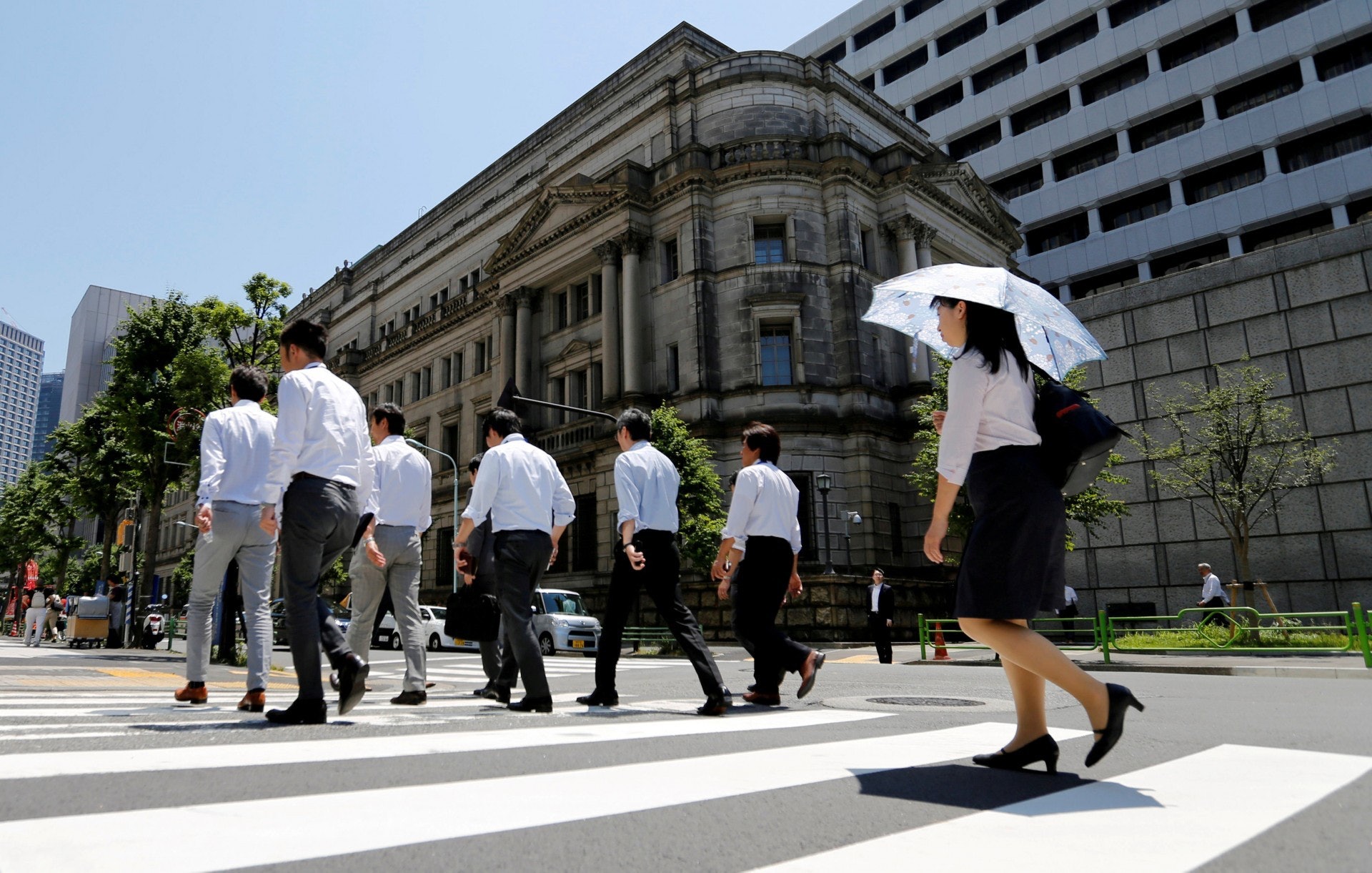Japanese actor and freelance writer Ishikawa Yuki launched a refusal to “wear” high-heeled shoes “#KuToo” and received great repercussions. In addition to the general wage earners support, companies continue to bring practical and comfortable, comfortable and convenient employees.
In February, she opened a joint website to promote the “#KuToo” event (combined with Japanese shoes (kutsu) and pain (kutsuu)). On Sunday (2nd), nearly 18,800 netizens responded. Ishikawa last Monday (3rd) has sent people’s signatures to the Ministry of Health, Labour and Welfare for employment equal opportunities.
At the time of this wave of anti-women “wearing” high heels. There are already companies taking a step forward to get employees out of bondage. These companies have introduced new measures aimed at reducing the workload and pressure on female employees to maximize their capabilities.
When the low-cost airline ZIPAIR Tokyo published the flight attendant uniform in April, the models were wearing black or white sneakers for both men and women. ZIPAIR Tokyo is an international long-haul and low-cost airline company that Japan Airlines plans to put into service in 2020.
Japan Airlines said that they are more concerned about reducing the fatigue of the flight attendants working in the cabin and making them feel light when they work.
In June, Sumitomo Life Insurance Co., Ltd. began to promote “every day is a leisure day” and has rewarded employees who wear shoes to work in 2018.
Sumitomo Life Insurance believes that if employees’ health awareness is improved, it will also help introduce products to customers. The company’s female employees benefit from the new policy, and even those who need frequent contact with customers are no exception.
Many Japanese companies do not expressly stipulate that female employee are required to wear high heels to work, but they often do so because of workplace traditions and social expectations.
The official answer is disappointing as the outside world expects the government to do something for a group of white-collar workers.
The Minister of Health, Labour and Welfare fundamentally responded to the discussion on a parliamentary committee on Friday (5th), saying that it is “necessary and reasonable” for women to wear high heels in the workplace, so there is no prohibition on forcing women to wear high heels to work.
The person in charge of the Employment Opportunity Equity Division of the Ministry of Health, Labour and Welfare said that although there is no research to amend the law, understanding women’s discussion of high heels hopes to think about a workplace environment that is easy for people to work.
The Japanese workplace is easily reminiscent of “overtime work” and “overwork death.” Nowadays, with the addition of “#KuToo”, harassment of authority is another issue that has received widespread attention. The Law on Women’s Active and Controlled Harassment passed by the Japanese Senate on May 29, but the new case only states that employers are obliged to take preventive measures such as improving the consultation mechanism, but it does not include provisions with penalties. The outside world still questions whether the law can Effectively ensure that the problem is solved.












